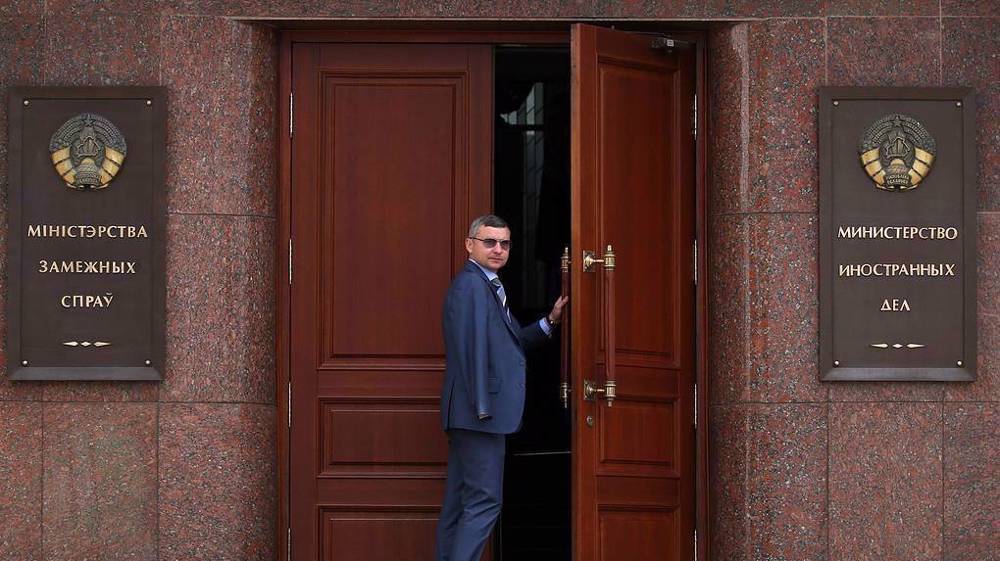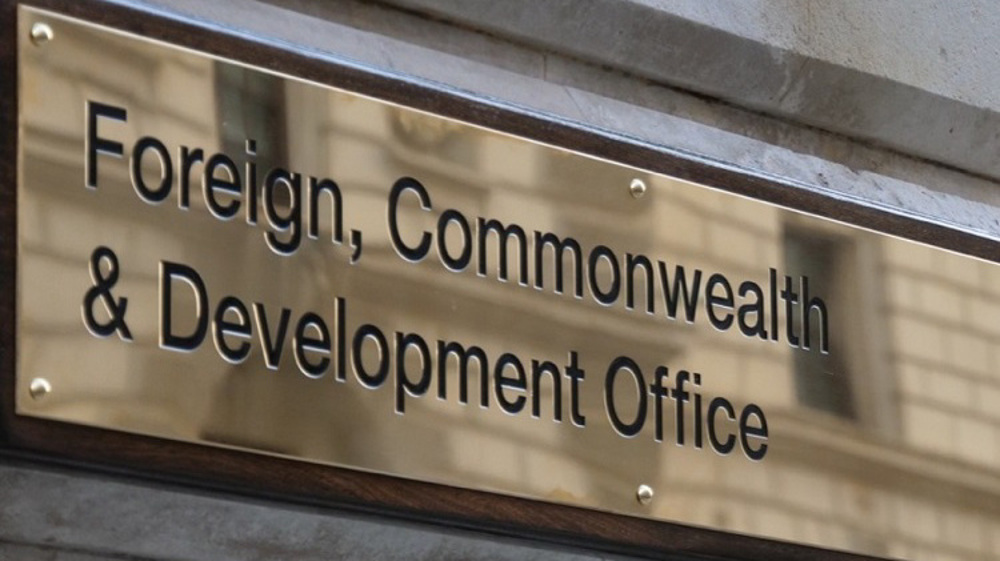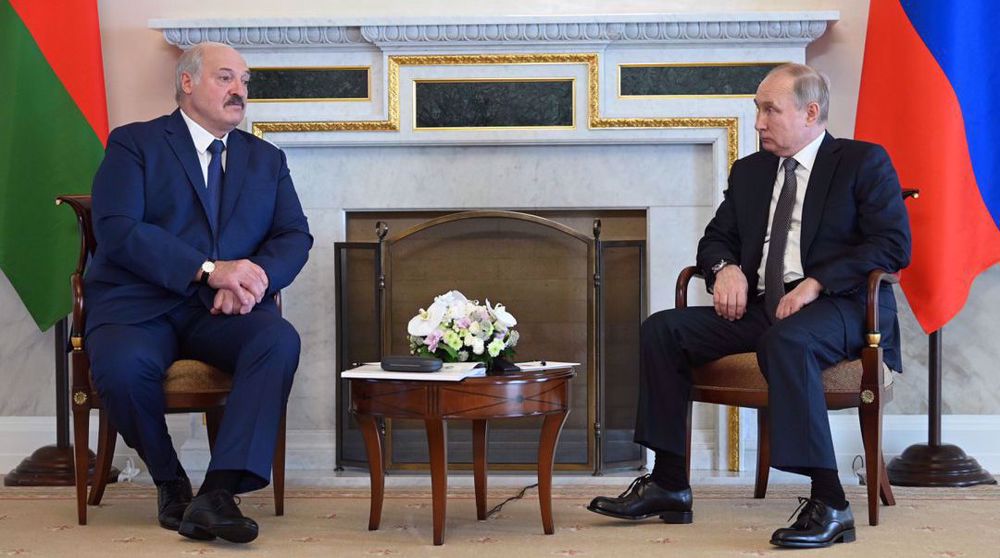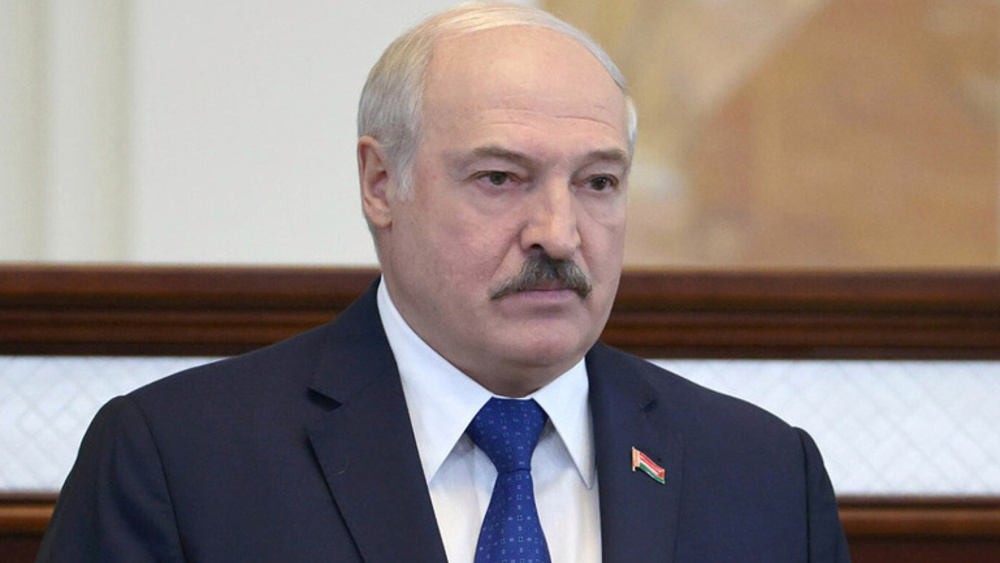Belarus tells US to cut embassy staff due to ‘hostile actions’
Belarus has told the United States embassy in Minsk to reduce its staff against the backdrop of the latest sanctions imposed by Washington, the Belarusian Foreign Ministry says.
Anatoly Glaz, a foreign ministry spokesman, said in a statement on Wednesday that Minsk had informed the US it wanted the embassy staff shrank to five people by September 1.
Glaz said the decision comes in response to Washington's “impudent and openly hostile actions.”
“Against the backdrop of Washington's actions to reduce cooperation in all spheres and to economically suffocate our country, we quite objectively don't see any sense in the presence of such significant personnel.”
He also said Belarus has revoked its consent for the appointment of Julie Fisher as US ambassador to the ex-Soviet country. Fisher has not yet been able to enter Belarus, which initially refused to issue her a visa.
Western governments, not least the United States, have imposed several sets of sanctions against Belarus over the past few months. In a coordinated move with Britain and Canada, Washington on Monday slapped new sanctions on several Belarusian individuals and entities.
US President Joe Biden also signed an executive order that expands anti-Minsk sanctions which have been in place since 2006, targeting a slew of Belarusian officials, business executives and companies.
The European Union announced on September 15 that it did not recognize Alexander Lukashenko as the legitimate president of Belarus.
Lukashenko has rejected allegations that his government tampered with the votes, blaming Western countries for orchestrating the demonstrations that followed the vote and conspiring to oust his government.
In April, the Belarusian president said a coup and assassination attempt against him and his family had been thwarted, stressing that foreign intelligence services, most likely “the FBI, the CIA” had been involved.
Lukashenko has so far shrugged off the Western pressure with backing from key ally Russia.
Minsk has also warned that it would be forced to take reciprocal measures that could in turn adversely affect citizens and businesses of Western countries.
Yemeni armed forces down F-18 fighter jet, repel US-UK attack: Spokesman
Iran warns against US-Israeli plot to weaken Muslims, dominate region
VIDEO | Public uproar in US against Israeli regime
‘Ghost town’: 70% of Jabalia buildings destroyed by Israel
Mother’s Day: Sareh Javanmardi’s inspiring journey as Paralympic champion and mother
Russia downs over 40 Ukrainian drones as Putin vows 'destruction' on Kiev
VIDEO | Yemen: A bone in Israeli neck
D-8’s role in Iran’s economy after Cairo summit



















 This makes it easy to access the Press TV website
This makes it easy to access the Press TV website